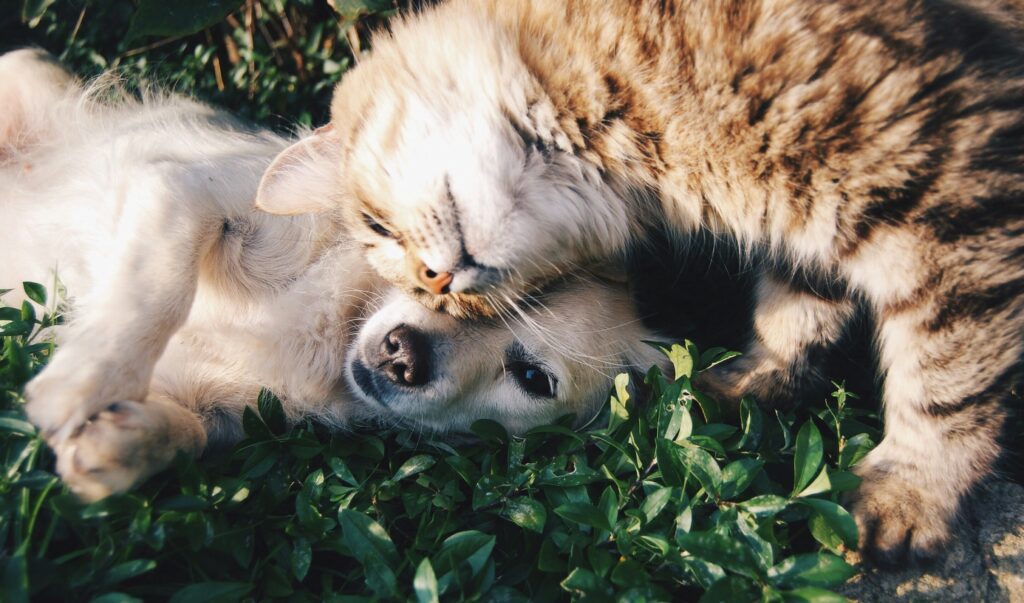When I brought home my first kitten, I didn’t realize how important a vaccination schedule was until my vet explained it. Vaccines don’t just protect your pet — they also prevent the spread of dangerous diseases to other animals (and sometimes even humans). Whether you’ve just adopted a puppy or kitten, following the right vaccination schedule is one of the best ways to give them a healthy start in life.

🩺 Why Vaccinations Matter
Puppies and kittens are especially vulnerable because their immune systems are still developing. Vaccines prepare their bodies to fight off illnesses like parvovirus, distemper, rabies, and feline leukemia, which can otherwise be fatal.
🐶 Puppy Vaccination Schedule (2025)
- 6–8 weeks: Distemper, Parvovirus (DHPP combo shot)
- 10–12 weeks: DHPP booster, Leptospirosis (optional, depends on location)
- 12–16 weeks: Rabies, DHPP booster
- 16–18 weeks: Final DHPP booster
- Annual boosters: DHPP, Rabies, Bordetella (kennel cough), and others as needed
🐱 Kitten Vaccination Schedule (2025)
- 6–8 weeks: FVRCP (Feline Viral Rhinotracheitis, Calicivirus, Panleukopenia)
- 10–12 weeks: FVRCP booster
- 12–16 weeks: Rabies, FVRCP booster
- 16–20 weeks: FeLV (Feline Leukemia, recommended for kittens at risk)
- Annual boosters: Rabies, FVRCP, FeLV (if needed)

💡 Tips for Pet Owners
- Keep a vaccination record — most vets give a booklet.
- Don’t skip appointments; missing doses weakens protection.
- Ask your vet if your area requires extra vaccines (like Lyme disease for dogs in tick-heavy regions).
- Even indoor cats need vaccines, since some viruses can be brought inside.
🎯 Final Thoughts
A proper vaccination schedule is the foundation of lifelong health for your puppy or kitten. By staying on top of their shots, you’re not just protecting your own pet — you’re contributing to the overall health of the animal community. Talk to your vet to confirm the best plan for your furry friend in 2025.